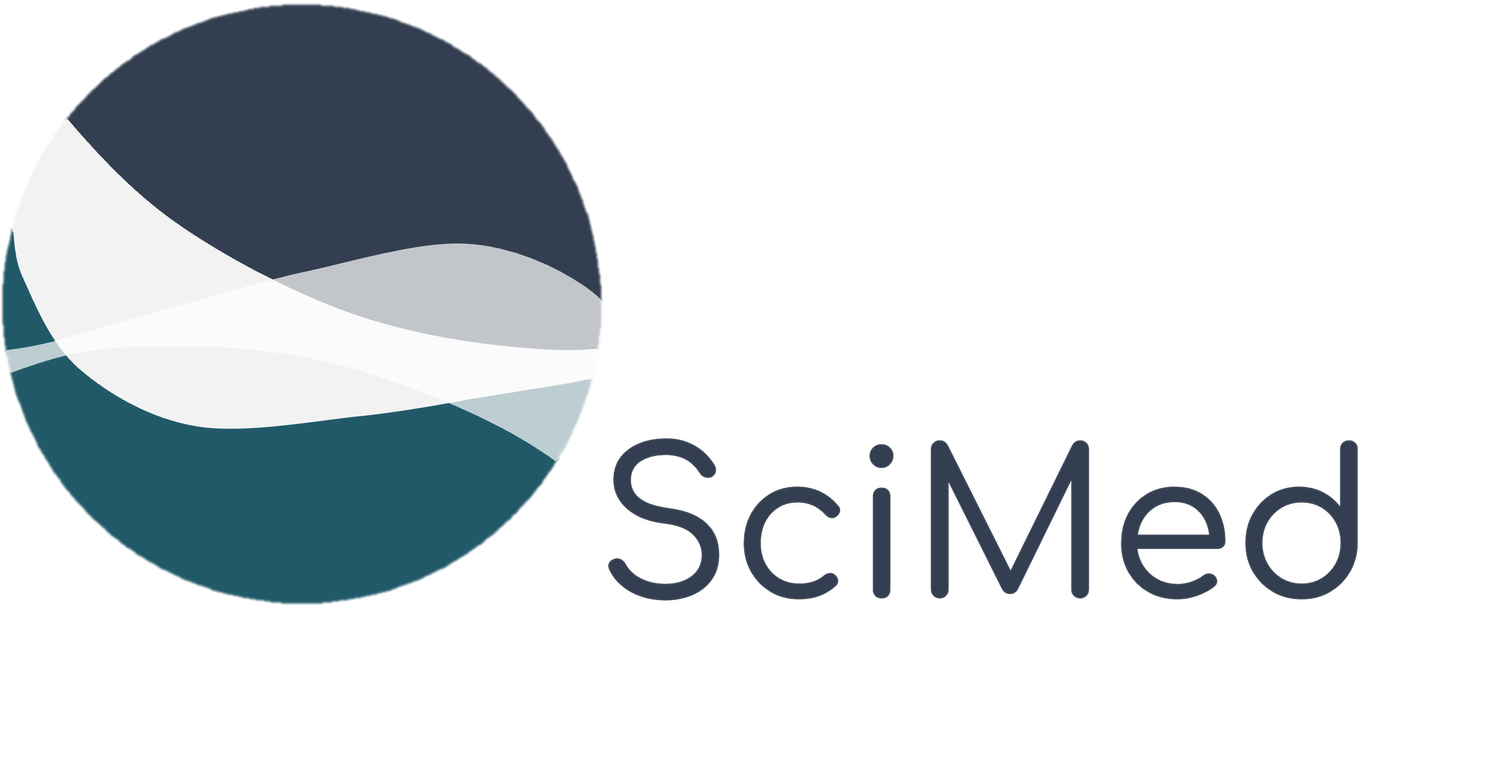Nadhim Bayatti
Senior Analyst
SciMed team member since 2021
How did you get into the healthcare technology industry?
I had thought about changing my career after many years as a post-doctoral researcher in academia. Initially I found an opportunity to work part-time for SciMed as required help on a few projects which I thought were very interesting, and then when my academic contract came to a finish I was offered a permanent position.
What do you like most about working about working at SciMed?
Having a friendly knowledgable colleagues leads to a fun and productive atmosphere within SciMed. The work that I do requires that I use my scientific skills and knowledge base especially the ability to critically evaluate clinical studies and other scientific publications in a consistent manner.
What's your specialist subject?
I studied Biochemistry as an undergraduate in London, but I knew already from the final year in which I specialised in neuroscience. A Masters degree in Neuroscience then followed in Manchester where I wrote my thesis on the genetics of Alzheimer's Disease. I also wanted to go abroad and learn new language, and I was able to study for my PhD in Ulm, Germany which was on the development of the brain in rodents. This was subsequently followed by a post-doctoral postion in a laboratory focussing on Alzheimer's Disease research in Munich and Mainz. After a total of 7 years in Germany I returned to the UK and have worked on projects on development and disease of the human central nervous system in Newcastle, Sheffield and Manchester. During my career I have co-authored 30 peer-reviewed publications as well as a book chapter and attended numerous international meetings with posters or oral communications.
What challenges do you think the healthcare technology industry face, and how would your expertise deal with that?
The regulatory landscape in the EU and UK has undergone tremendous change in the last few years. Much greater emphasis has been placed on clinical data, clinical evaluations and post-market surveillance and this must be reflected in the manufacturer’s technical documentation and quality management system.
Additionally new technologies, including AI and cybersecurity are being addressed with implementation of new medical device regulations recognising the threat to patient safety. Whether those regulations will be able to keep pace with new developments in medical device technology will be a question for the future.
Our task is to keep at the forefront of these changes and be flexible enough to react to new medical device regulation and accomodate changes to the clinical evaluation processs.
If you could have a scientist for dinner (past or present), who would it be and why?
L.L. Larison Cudmore is an American cytologist who with a PhD in Biology from Yale and has taught at Boston University and the University of Massachusetts. Even though I do not know much about her she inspired me to be come a cell biologist after I read her book, 'the centre of life: a natural history of the cell' in which she describes the wonders of the world of 'the universal cell', something we can only see down a microscope yet is the building block of complex organisms including plant and animals.

